|
Last week I was chatting with Carolina Simon, @nutricionistaemLondres on my Instagram. We talked about Nutritional Terrorism and recorded the conversation on YouTube, unfortunately is only in Portuguese. So I decided to write a blog post about what we talked about. Nutritional Terrorism Nutritional Terrorism is the act of making people fear food, especially in those who want to lose weight, with restrictive diets to cut out certain food groups. It's also giving the client a huge list of prohibited foods, more than allowed foods. It is to base dietary advice on unproven studies, on poorly validated experiences. It's also naming foods: “bad”, “poison”, “crap”, “inflammatory”, etc. It's called nutritional terrorism when the weight-loss industry uses marketing strategies to persuade people to buy products or certain foods that promise to work miracles. They promise that if a person takes a type of product they will lose weight quickly. It's called terror, because it damages a person's health, not only physically but emotionally. How do you get fear of eating? Sometimes we receive at the clinic, clients who already come with a background of failed diets, with damage that may be irreversible due to weight loss programs they have done before. These programs are often not customized to the individual. This creates a lot of frustration, feelings of failure and guilt; ending up making the person stop believing in themselves, not trusting their food choices, and creating bad relationships with food. When the fault lies entirely with the person who created the weight-loss program. In some cases, the intervention of a multidisciplinary team may be necessary, including a doctor, dietitian and psychologist. Because these are behavioral aspects that need to be worked on and take time. "I can't eat bread if I want to lose weight." Bread, rice, pasta, potatoes are just the first thing that an individual cuts out of their diet when they want to lose weight. Often based on messages released by diet gurus that “carbohydrates make you fat". Bread is usually difficult to remove from the diet, as it is the base of any diet. In some countries, such as Egypt, for example, bread is synonymous with life. There's never a lack of bread on Portuguese tables, it's the first thing they bring to the table in a restaurant, for example. From a nutritional point of view, bread is considered a healthy food, an important supplier of energy to our body, as well as B vitamins. Furthermore, wholemeal is also an important source of fiber. When my clients who want to lose weight see that their meal plan includes bread, and other equivalents (rice, pasta, potatoes). They feel surprised and wonder if it will be possible to lose weight and eat carbohydrates. My answer is always: “carbohydrates don't make you fat, did you know that 1g of carbohydrates provides 4 Kcal and 1g of fat provides 9 Kcal? The weight loss program must be something personalized and adapted to the person's lifestyle. If the client has always eaten bread all his life, why should he stop eating bread? Unless a food allergy or intolerance is detected. This aversion to carbohydrates has always existed since I entered the world of nutrition. I remember when I was an intern at the hospital, the dietitian always used to say to her patients: “bread is not fattening, it's what you add to the bread that makes you fat”. Quick weight loss solutions We also see clients arriving at our clinic who have had bariatric surgery outside the country where they live, in particular. Because in the country where they live, they have to go through several phases, and comply with all the criteria to be elected for surgery. In the UK these criteria are as follows (1):
What is the solution for weight loss? The solution to lose weight remains the same as long as a human being has existed, and it will not change in this lifetime. No need to ask Dr Google “what is the best diet to lose weight” neither to spend your money on miracle formulas. I know it's not charming to say that the solution to lose weight is to eat healthy and exercise regularly. People want something new, a pill, anything they can take that makes them lose weight, without any effort. But in this life, nothing comes effortlessly. With the help of a Dietitian, and individualized weekly support, you will find it easier. After just a few weeks, you'll start to see the weight on the scales go down, your clothes get looser, your energy levels increase. This is all done by eating the food you like, without having to cook food separately from the rest of the family. When you notice it, you don't even look at the meal plan, because you've already learned to listen to your hunger and satiety signals, you've already learned to combine foods and you already know your portions. Most important of all, you have learned to trust yourself, and not feeling guilty about eating a sweet on festive occasions. You will know that on a healthy and balanced diet there is also a place for a sweet on these occasions. You start to live a “new” life, and you wouldn't want to go back to your previous eating habits anymore, because you know what makes you feel good. And what is good is to be continued. How to differentiate nutrition terrorism from science? I would say the quickest way to differentiate between nutrition terrorism and science is, if it sounds too good to be true, then it's to be suspicious. Always try to clarify your doubts with a health professional, preferably a dietitian. Do not follow advice from people who only share their own experience with certain products or diets. Because each person is different, what works for one doesn't work for the other. Nutrition science is always evolving with new studies coming out, however, it is necessary to read the study well. Usually each new study that comes out concludes that more studies are needed to confirm the tested hypothesis. Nutritional guidelines for the population do not change so quickly. So, whenever you see a newspaper or on the internet mentioning a new study, read the entire news article and also question it. Read more about fad diets here. Be cautious of products and diets that promise quick results. Always seek help from a dietitian for long lasting results. Bibliography (1) Weight loss surgery accessed on July 2021. (2) The London Obesity Group, What is the Success Rate of Bariatric Surgery? accessed on July 2021.
0 Comments
Leave a Reply. |
Categories
All
AuthorHi, I'm Joana, a Portuguese registered dietitian in the UK. I am passionate about helping others achieving their health goals. Archives
June 2024
|

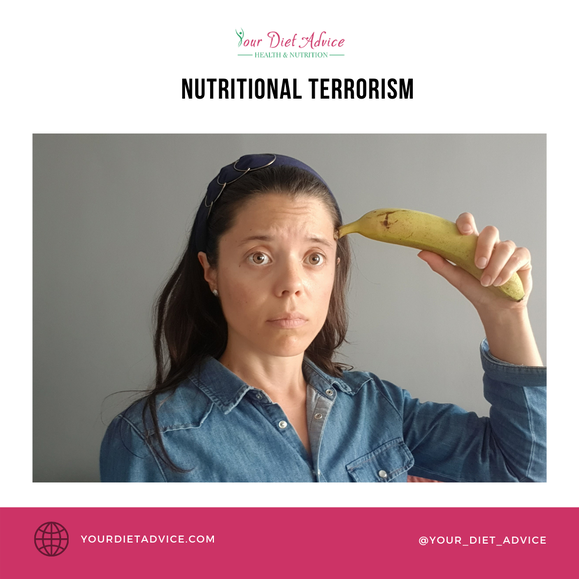
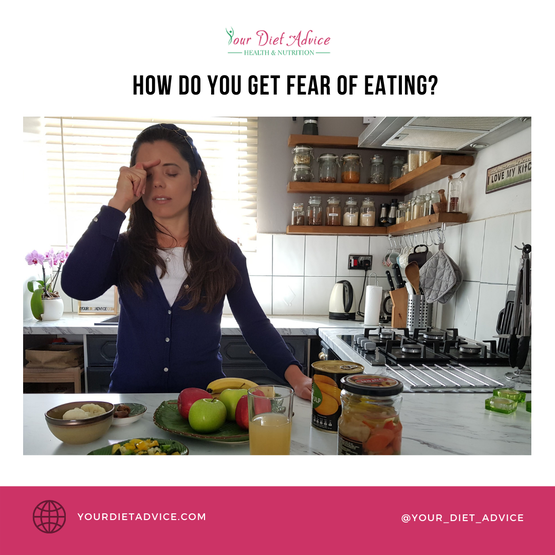
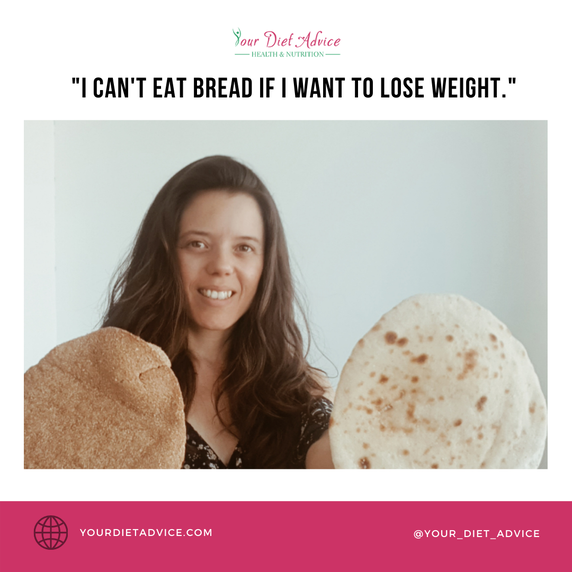

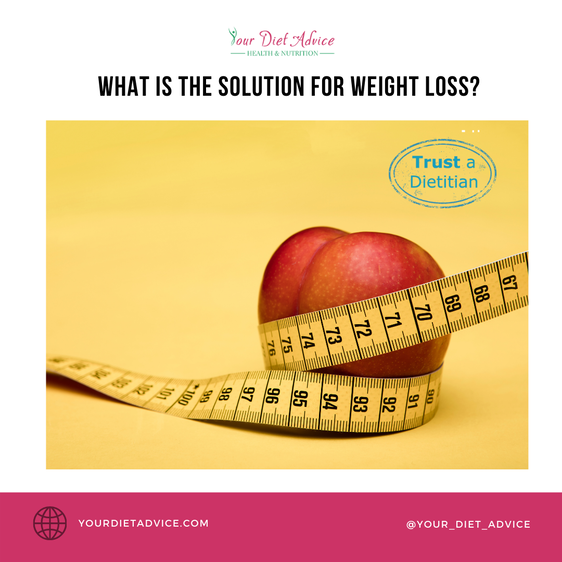
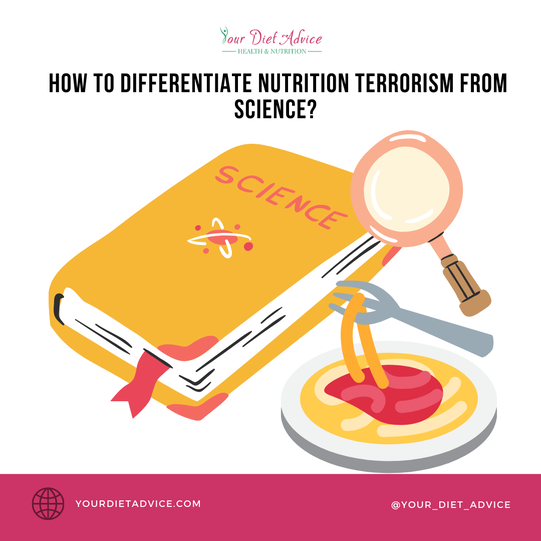
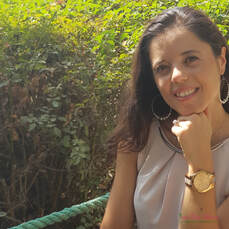
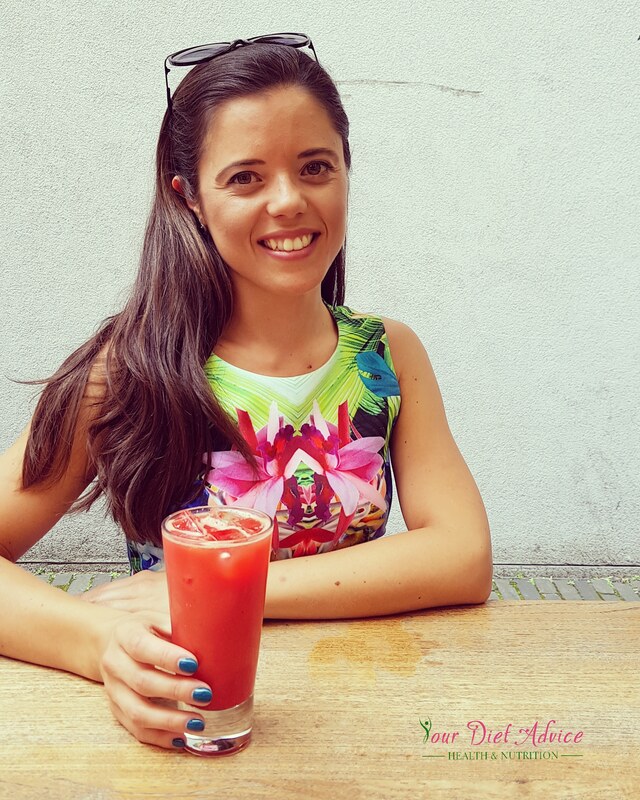
 RSS Feed
RSS Feed